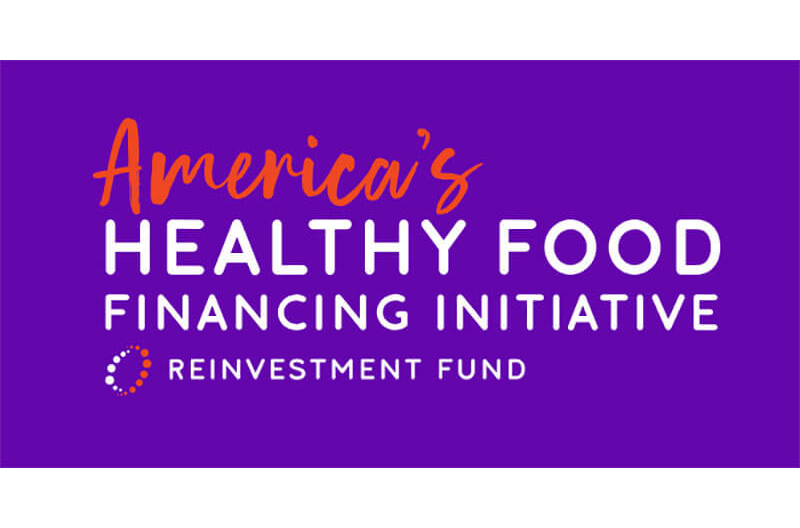by Jim Dudlicek / NGA director, communications and external affairs
The latest round of the Healthy Food Financing Initiative (HFFI) Targeted Small Grants Program is open. At least $4 million in federal government funding is available for innovative fresh food retail and food system enterprises that seek to improve access to healthy food in underserved areas.
The deadline to apply for grant funds is approaching, so NGA hosted a recent webinar to provide background on the HFFI program, outline funding opportunities and guide independent community grocers through the application process. Speakers included Olivia Chatman, program associate, food initiative at the Reinvestment Fund; and Molly Pfaffenroth, NGA’s senior director of government relations.
Authorized under the Agriculture Act of 2014 and reauthorized in 2018, HFFI’s purpose is to improve access to healthy foods in underserved areas, to create and preserve quality jobs and to revitalize low-income communities. Reinvestment Fund manages the HFFI program for USDA.
Letters of intent from retailers interested in applying for HFFI grants are due by midnight EST on Dec. 7.
Here are some key takeaways from the discussion:
Grants will be one-time investments of capital into a food retail or food enterprise project. With at least $4 million available, individual grant awards will range from $20,000 to $200,000. Technical assistance is available to selected organizations in early stages of project planning.
Who is eligible? Eligible applicants include for-profit business enterprises; cooperatively owned businesses; tax-exempt nonprofit corporations; institutions of higher education; state and local governments and governmental agencies, authorities, commissions and food policy councils; and tribal governments and tribal governmental agencies, authorities and food policy councils. Individuals are not eligible for grants.
What is eligible? Types of projects HFFI will fund include projects aiming to strengthen, expand and innovate within the food retail supply chain; retail projects that offer staple and perishable foods and accept SNAP benefits; non-retail projects that work to supply food to retail points of service; and a variety of uses including predevelopment and other one-time soft costs, construction, equipment, supplies/materials and other hard costs.
Projects not eligible for funding include agriculture-only projects, charitable food programs, nutrition education, restaurants, consumer packaged goods and research studies. To view past grantees, visit investinginfood.com/impact/. Eligible locations and a mapping tool can be found at investinginfood.com/eligibility.
Letters of interest should include the following: applicant verification, legal status and entity documentation, Data Universal Number System (DUNS) number, System for Award Management (SAM) registration, grant amount requested, project location and type, grant period length and a summary of the project. To complete a letter of interest, visit reinvestmentfund.smartsimple.com.
To hear this complete webinar, along with all the webinars in the series, visit nga.sclivelearningcenter.com/MVSite/default.aspx.

